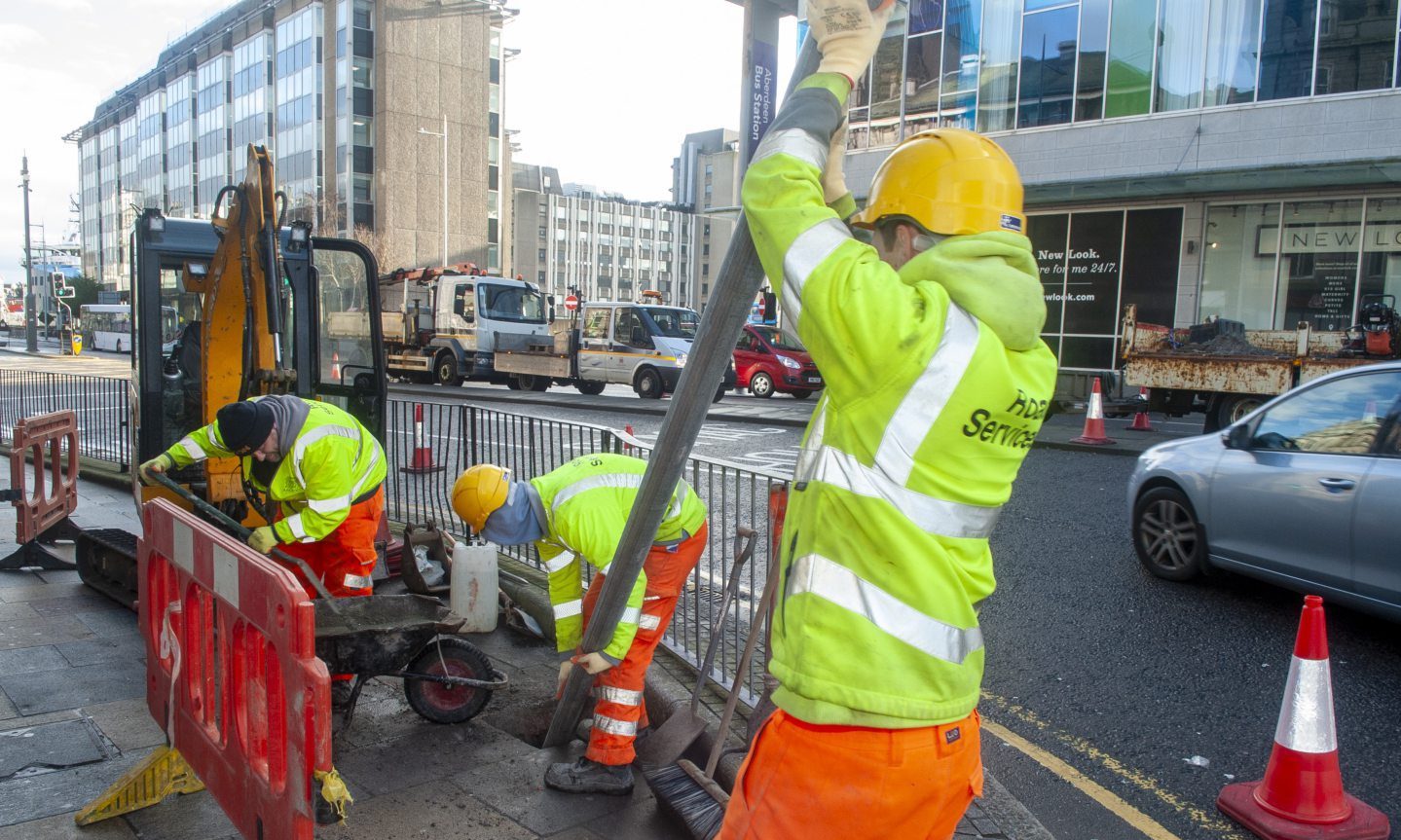There’s something about the inevitable – we just can’t put it off, however hard we try to blot it out.
So, there I was in a leafy suburb of Birmingham, halfway through a round trip from our home in Aberdeen.
I was sitting in a care home, where my mother-in-law was about to become its latest permanent resident. Probably not an unfamiliar scenario to people in Scotland with far-flung relatives.
I was burning up almost a thousand miles of diesel fuel in the process, but it was an essential road trip, after all, so why should I feel guilty? The here-and-now was more pressing than any damage I was doing to the environment.
She’s not the youngest kid on the block by any means; in her 92nd year, she might well be the oldest. That in itself was a testament to her fighting spirit and ultimately doomed desire to remain independent in her own home.
She had put off the inevitable for so long in the face of worsening dementia and chronic heart failure – so many close shaves and near misses over the past two years, as doctors, social workers and psychiatrists scrutinised her case.
Eventually, her luck had run out; the last-chance saloon had finally shut its doors. It was too dangerous to live alone in her own home for any longer, even with a small army of visiting carers.
Such is the complexity of geriatric health that, a few months earlier, hospital doctors warned us to expect the worst.
The future is too awful to think about – but we should
Trying to plot a route through the complex minefield of care-home availability and finance was even worse than navigating Aberdeen’s bus gates and upcoming low emission zone (LEZ).
The city’s LEZ debuts in June – to inevitable savage reviews from critics, no doubt, even though it’s supposed to be about saving the world from climate change.
My thoughts drifted away from the hustle and bustle of the care home – and the overwhelming pathos among residents which lay beneath – and became fixated instead on Aberdeen’s LEZ headache, but there was a good reason for that, as you will see.
It dawned on me that there was a common thread between reluctance to contemplate our own mortality as we age (or think much about the end of the world, for that matter) – from the prism of a care home or a mishmash of road restrictions banning cars to clean the air.
The future is too awful to think about – especially when it’s much more preferable to enjoy ourselves today, rather than worry over tomorrow. Or when our own personal world and focus of attention hinges on paying a mortgage above saving the world.
90% oppose looming LEZ
“I’ll never live in a care home,” I said to my wife, without fully considering the implications or lack of alternatives.
Have you been in a residential care home lately? This one was a simultaneous assault on all the senses from every direction; some of my five main sensory receptors were reeling more than others.
But the home was actually an oasis of peace in one respect. My daughter-in-law, more used to a calmer atmosphere in Aberdeen, was taken aback by teeming traffic and people in the big city outside.
The participants might be accused of being blinkered, but were they not merely warning of a disproportionate amount of economic disruption?
As the daily routine unfolded in the care home around me, I escaped to my P&J digital subscription on my mobile phone for a few minutes, just to catch up with life elsewhere. The first thing flashing up was the result of a poll among ordinary citizens about the LEZ hurtling towards Aberdeen.
Around 90% of the 3,000 who responded opposed the LEZ and claimed it would be disastrous from a general visitor point of view. They would also avoid visiting the city personally, which was ominous; bus gates have already driven many away, businesses have gone to the wall.
The participants might be accused of being blinkered, but were they not merely warning of a disproportionate amount of economic disruption? And at a time of concern about Aberdeen’s fragile economic recovery.
Can we save Union Street while restricting road use?
The irony – or madness – is that this roads-restriction upheaval coincides with an excellent campaign to revive Union Street, formerly the city’s most prestigious shopping thoroughfare. It’s like encouraging one of the old care-home residents to walk again, but locking away their Zimmer frame.
The city council trumpets on about adequate public consultation having taken place over implementation of the LEZ, but it feels like paying lip service: a foregone conclusion, in other words.
I was lost in a daydream, staring into space in all probability, when someone broke my train of thought. It was one of the jovial carers, who deserve a medal, by the way. “Shall I put you down for a place? Reserve a room for the future?”
I laughed. She was joking, I think.
David Knight is the long-serving former deputy editor of The Press and Journal



Conversation